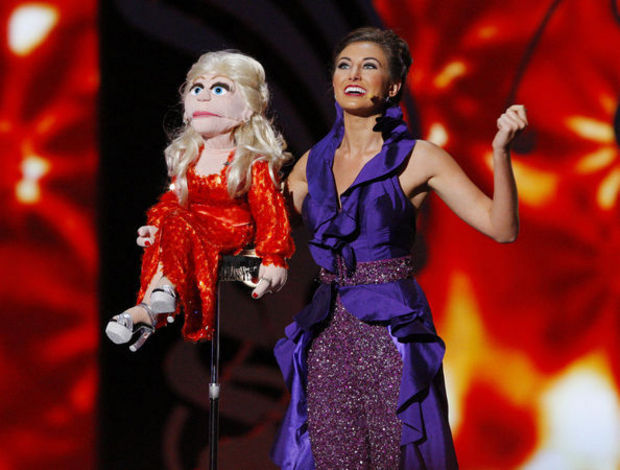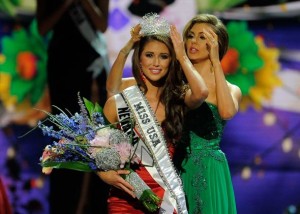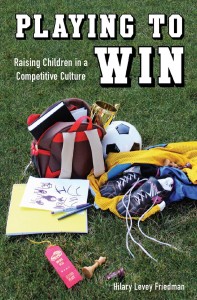Last night Miss America 2015 Kira Kazantsev was crowned Miss America 2015, making history in particular for being part of a never-before three-peat for a state at Miss America. The reigning Miss America and past two Miss Americas all represented New York (though all grew up in states other than NY, they went there for college). She is also making quite a splash due to her talent.
Now some are saying she has no talent and only played a cup. While I find it ridiculous that a Miss America sat cross-legged on the stage in Boardwalk Hall BAREFOOT, in her defense she did sing. And for the record, she can carry a tune much better than many of the other contestants (I'm looking at you, Miss Tennessee). Also, no joke, my mother, who is Miss America 1970, picked her after her talent saying her voice is "pleasant." Likeable has become the new buzz word for Miss America. I'm guessing my mom, like other pageant lovers, hasn't seen Pitch Perfect, so the truth is that this act was semi-pop culture current and besides the barefoot element (Again, what and why?!) is recreated down to the criss-cross applesauce posture.
Nonetheless, after a pageant season filled with scandal, gaffes, and drama, this is certainly NOT what the Miss America program needed.
Also, this year's Miss America Pageant proves, more than anything, the old Showbiz adage (from the legendary Gypsy) that you gotta get a gimmick...
Indeed, those with "gimmicks," or stories, this year got attention and airtime on prime time network TV.
* Miss Idaho was People's Choice after making headlines for her "Show me your pump" statement
* Miss Kentucky's story of overcoming MS earned her headlines and a spot in the Top 12 (and a prelim talent win)
* Miss New York wasn't the only one with a gimmick in her talent, Miss Ohio (also a prelim talent winner) is getting national attention for her ventriloquist routine
(Silly me, I originally thought the gimmick here was going to be the "Joan Rivers" doll commenting on the inanity of a "mullet" dress with *sequined* pants!)
In the end, it wasn't a bad pageant overall. I think the winner had many pageant watchers (as opposed to the general public) taking a drink from a red solo cup because no one EVER expected a three-peat. I admit I didn't pay much attention to Kira in the lead-up to the Pageant for precisely this reason. Going into last night (as I shared on social media), I predicted 11 of the Top 16 correctly. But after that I went off the rails as my pick in each subsequent event was eliminated. Interestingly enough, 3 of the Top 5 were part of my missed group of 5 (the winner, NY, 1st-runner-up VA, and AR). I have told people for months FL and MA would be Top 5, so at least I can keep my Pageant PhD for that I suppose.
The bigger issue here is that if Miss America keeps three hours on the network (and it's possible with the new dick clark production deal) they absolutely must consider showing more of the interview process. I, like many others, believe much of the Pageant is determined in the interview room, not only because it's such a big part of the score but also because judges "like" contestants from then on. The viewing audience, who only tune in once per year, must see more in the room-- even more than was shown last night.
Or, at least in the case of one contestant, perhaps a bit less.
Seems Miss Nebraska (along with Jane "Austin," oy) got the memo that you gotta get a gimmick and took it a bit too literally in the Gypsy Rose Lee sense...




